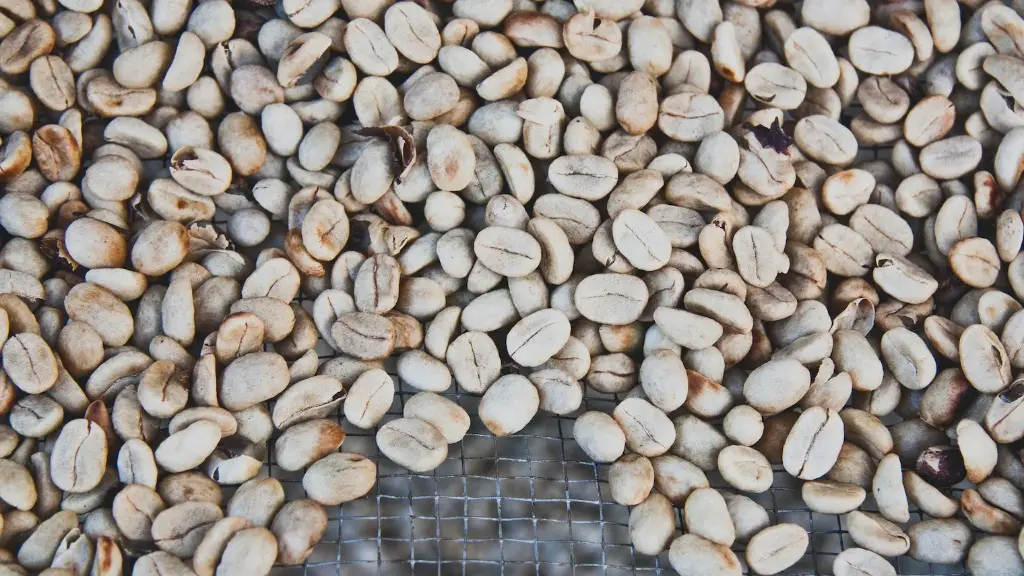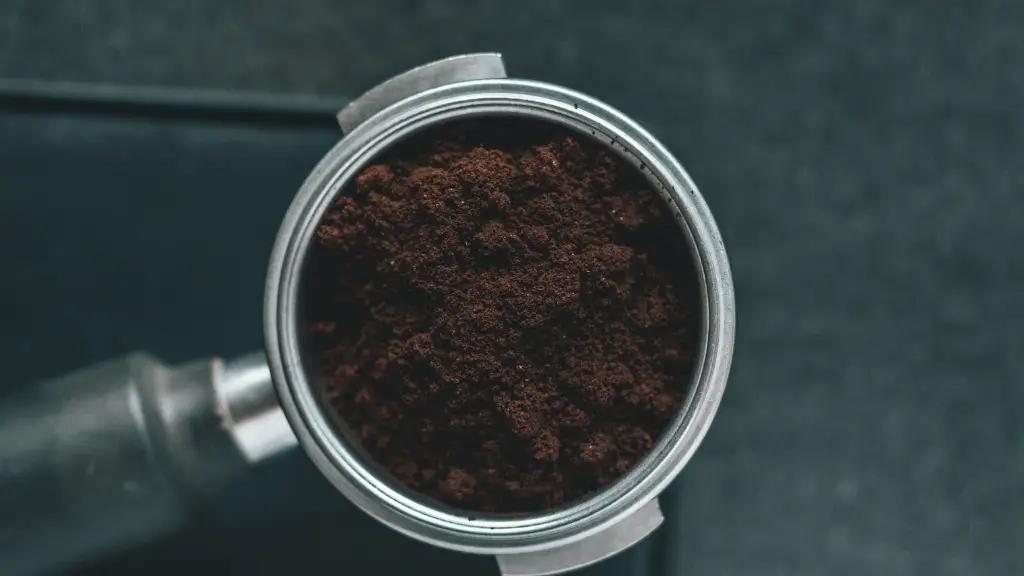Caffeine and Fasting
Coffee is one of the most popular beverages in the world and is a favorite daily pick-me-up for many of us. But, can you drink coffee while on an intermediate fasting diet? Fasting is a dietary intervention that has been around for centuries and is currently gaining popularity in nutrition circles. Intermittent fasting, in particular, is an eating pattern based on the idea that our eating time is restricted and timed to allow an extended period of natural fasting. People who practice this type of eating limit their eating window to a certain number of hours per day.
Most experts agree that coffee and other caffeinated beverages can be a great addition to your fasting diet. Studies suggest that drinking coffee may even help enhance the potential health benefits of fasting by improving the metabolic and hormonal effects of fasting.
The stimulating element of caffeine found in coffee and other caffeinated beverages is partly to blame for the benefits of adding coffee to fasting diets. While in a fasted state, even low to moderate doses of caffeine can have an increased effect on the body and mind, providing an energy boost, suppressing your appetite and providing mental clarity. Caffeine can also help to improve cognitive function and sharpen performance.
How Often Should You Be Drinking Coffee?
When it comes to drinking coffee while fasting, it’s important to remember that too much caffeine can negatively affect your health. If you are attempting to drink coffee as part of your fasting diet, it’s important to drink no more than 2-3 cups of coffee each day. Still, this will depend on several factors, including your bodyweight, activity level, and individual tolerance for caffeine.
Additionally, it’s important to opt for black coffee, as most creamers and sweeteners will add calories that could interfere with the fasting process. If you do choose to add a bit of cream or sugar to your coffee, remember to keep it minimal.
How Can Coffee Help with Fasting?
Aside from providing an energy boost and mental clarity, studies suggest that coffee can have additional benefits when it comes to fasting. There is evidence that coffee can help to jump-start ketone production, which can ultimately increase the rate of weight loss and improve the metabolic effects of fasting.
Coffee is also easy to digest, making it a great option for fueling your body during extended periods without food. It’s also known for its antioxidant content and for its ability to boost the body’s metabolism.
Does Coffee Interfere with Fasting?
It’s important to note that since coffee is naturally dehydrating, you must remember not to overdo it. Make sure to drink plenty of water and other liquids throughout the day to stay hydrated and prevent coffee from potentially having a negative effect on your fasting. Additionally, some people may find that drinking too much coffee can make them feel jittery or anxious.
What about Decaffeinated Coffee?
Many people who practice fasting opt for decaffeinated coffee as opposed to regular coffee, as it contains limited caffeine. While decaffeinated coffee may still offer some of the benefits associated with coffee while fasting, it is important to note that it must be consumed in moderation, just like regular coffee.
Behavioral and Physical Benefits of Drinking Coffee
In addition to providing an energy boost and potentially helping to jump-start ketone production, drinking caffeine in moderation while intermittent fasting may also help to improve your mental clarity and focus. Caffeine can help to lessen feelings of fatigue, helping you stay motivated and energized throughout the day.
Physical benefits of drinking coffee in moderation while fasting include improved cognitive function, enhanced metabolism and a reduction in appetite. Additionally, studies suggest that coffee may help to increase fat burning and reduce body fat percentage.
Can Coffee Help with Long-Term Weight Loss?
Intermittent fasting and drinking coffee in moderation could be beneficial for long-term weight loss efforts. Adding a moderate amount of caffeine to your fasting routine could aid in speeding up metabolism and potentially promoting greater fat burning. Still, it is important to note that fasting alone will not help you effectively lose weight.
The most effective way to lose weight is to follow a balanced and healthy diet while exercising regularly. Additionally, intermittent fasting and moderate caffeine consumption should always be done in combination with other healthy lifestyle habits and an overall healthy diet.
Conclusion
When it comes to drinking coffee while intermittent fasting, it is important to remember to keep it to a maximum of 2-3 cups a day and to opt for black coffee without added creamers or sugar. Coffee can provide an energy boost and mental clarity, as well as can help to jump-start ketone production and enhance fat burning. Drinking coffee in moderation can also aid in speeding up your metabolism and supporting long-term weight loss efforts. Still, it is important to keep in mind that coffee should never replace a balanced and healthy diet and a regular exercise routine.


